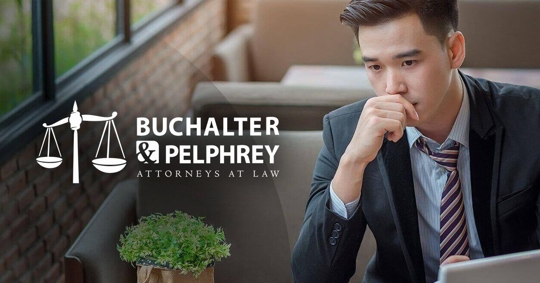In the early days of the pandemic, Congress passed the Coronavirus Aid, Relief, and Economic Security (CARES) Act. Part of this $2.2 trillion package was the Paycheck Protection Program (PPP), which gave out massive loans to businesses struggling with the economic fallout of the pandemic. If the businesses met certain requirements (e.g. maintaining payroll), the loans would be forgiven.
Now, hundreds of PPP loan recipients are filing bankruptcy. Large as they were, the loans were simply not enough to combat months of forced shutdowns, operations reduced to minimum capacity, and other related challenges. As the winter months approach, COVID-19 cases are likely to increase, and even restaurants that have been able to serve customers outdoors will no longer have that option as the weather changes. Companies of all sizes are looking ahead at the months to come and deciding that continuing to fight will only worsen their demise. As a result, the number of Chapter 11 bankruptcies recently hit the highest level since 2010.
If you received a PPP loan for your business, and you are now considering bankruptcy because the loan won’t be forgiven, you certainly aren’t alone. You might be thinking that bankruptcy could discharge the PPP loan, but you might also be worried that the court will accuse you of fraud because you accepted the loan and filed bankruptcy soon after.
According to the inspector general of the Small Business Association (SBA), the PPP created a breeding ground for fraudulent claims. However, you likely only need to be worried about fraud if you spent recklessly after receiving the loan (i.e. using the funds to purchase luxury “work” vehicles) or made similarly questionable decisions.
And as for discharging the PPP loan through bankruptcy? There is, of course, no legal precedent off of which the courts can base their decisions. In the words of business owners and politicians alike, these are truly unprecedented times.
That said, the PPP loan is unsecured—and unsecured debts are, generally, dischargeable. If your company qualifies as a small business, you may file under Subchapter V of Chapter 11, a new section that became law in February of 2020. Subchapter V allows small businesses to restructure their debt into a 3-5-year repayment plan, resulting in a discharge of remaining debts (including, theoretically, a PPP loan) upon completion of the plan.
Subchapter V also allows small businesses to retain ownership and control over their operations. If you complete the plan, therefore, your business can survive the process and regain its financial footing.
Currently, the debt maximum for Subchapter V is $7,500,000, which is a result of a temporary increase per the CARES Act. In March of 2021, it will return to the original maximum of $2,725,625. If you owe more than this original amount, you may want to consider Subchapter V sooner rather than later.
Assess Your Options with Our Legal Team
Are you unsure whether bankruptcy is right for your business? Buchalter & Pelphrey Attorneys at Law can conduct a close assessment of your situation. Countless businesses throughout the United States are struggling to make ends meet, and we are deeply committed to doing everything in our power to help Americans overcome this economic crisis. If you are considering bankruptcy, let our attorneys provide the insight you need to make the best possible decision.
Schedule your free initial consultation by calling (321) 320-6088 or contacting us online today. We have 45+ years of combined legal experience that we look forward to putting to work for your future.

